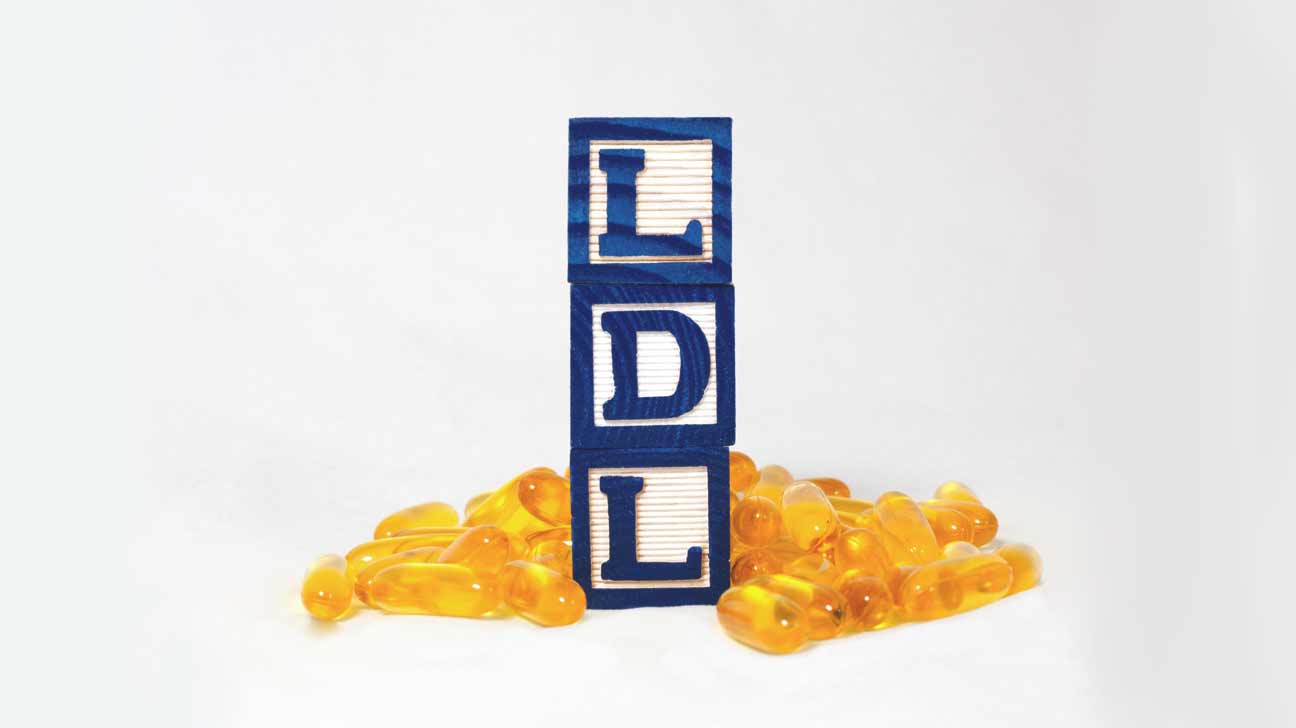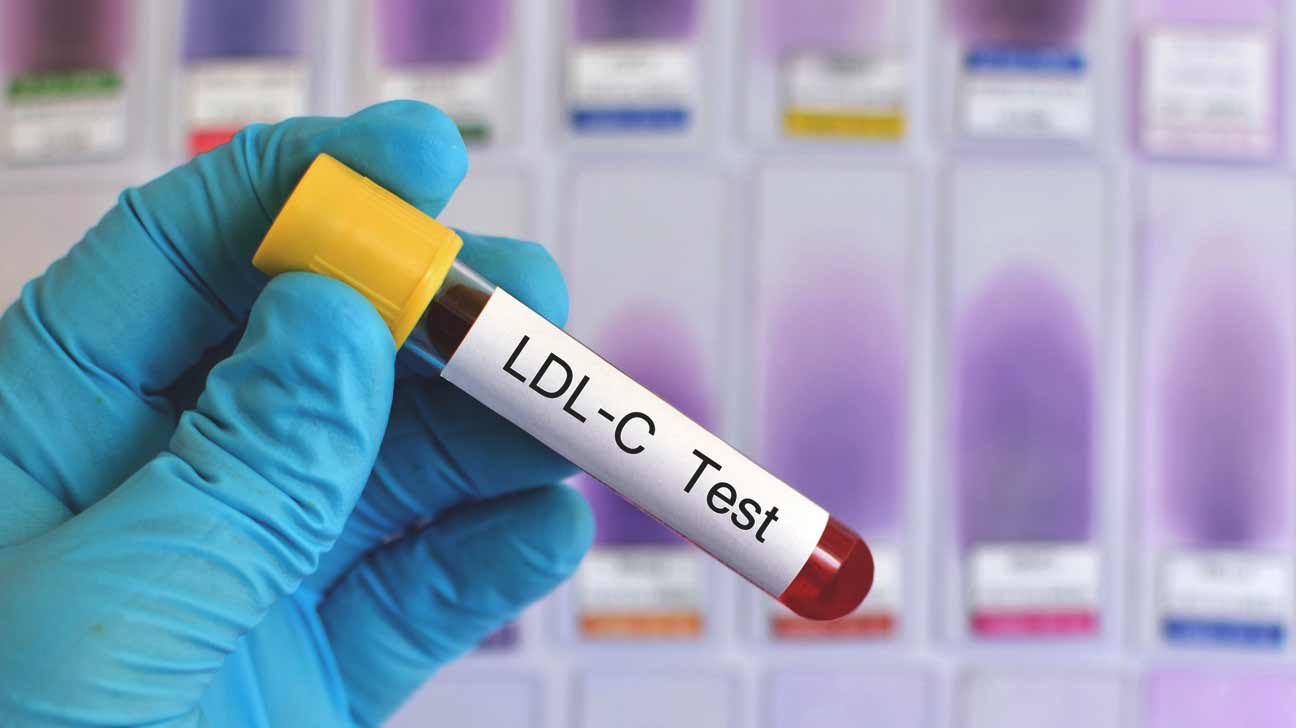If you’re like many people during the holidays and starting a new year, you’ve indulged in your share of sweets and have set resolutions for 2017 that include having a healthier lifestyle. Some of you may even be trying special diets or looking for that one “magic potion” in a bottle to help you cleanse and detox from all the sugar you ate. While the claims from supplements may sound appealing and work short term, they do not provide you a long term solution. In order to reset your body, you simply have to eat real, whole foods that nourish your body’s cells.
Sugar in soda, cakes, ice cream and other processed foods replaces the calories and nutrients you could get from eating more nutrient-dense and mineral-rich real foods, such as bone broths and grass-fed liver.
When you consume sugar, you deplete your body of essential vitamins and minerals. As an example, your body needs 54 molecules of magnesium to be able to process every molecule of sugar you eat. Sugar is such a problem that it is now recognized by most health experts, that sugar and not fat is the leading cause of obesity, diabetes, heart disease and numerous other health problems.
While your cravings for sugar may be challenging to overcome, eating real, nutrient dense foods is simple and the most effective way to lose weight and reverse numerous health problems like diabetes and heart disease. In order to help you, follow my guidelines below when buying and preparing the foods that you eat on a regular basis.
Real Whole Foods
- Grass fed and pasture raised meats, organ meats, and wild caught sea food all are great sources of essential fatty acids and many of the minerals and fat soluble vitamins, like vitamins A, E, D and K that regenerate your cells, help you to build your brain, stabilize your blood sugar levels and support your immune system.
- Dark, green leafy vegetables, nuts and berries like kale, bok choy, collard greens, Brazil nuts, strawberries, raspberries and blue berries provide many nutrients like magnesium, selenium and folate that are essential for your body.
- Cultured and fermented foods like sauerkraut, kim chi, miso, chutney and kefir are all great foods rich in beneficial bacteria and yeast that support and enhance your immune system, digestive health and help you to reduce your craving for sugar.
To your health,
Dr. Sandoval
To learn more about how working with a psychologist and holistic health coach can help you to enhance your health and well-being, call or email Dr. Sandoval to schedule a free consultation.
The information, published and/or made available through the www.drjosesandoval.com website, is not intended to replace the services of a physician, nor does it constitute a physician-patient relationship. This blog is for informational purposes only and is not a substitute for professional medical advice. You should not use the information in this post for diagnosing or treating a medical or health condition. You should consult a physician in all matters relating to your health, particularly in respect to any symptoms that may require diagnosis or medical attention. Any action on the reader’s part in response to the information provided in this blog is at the reader’s discretion.





